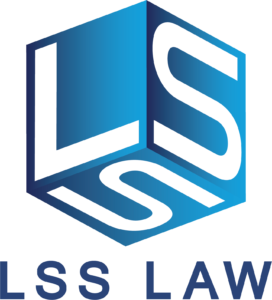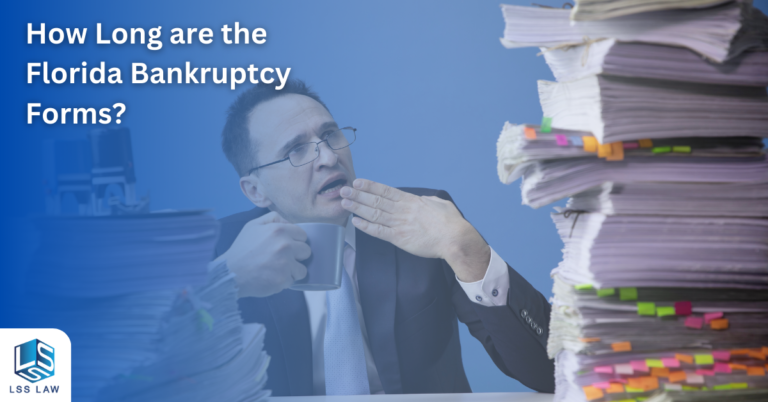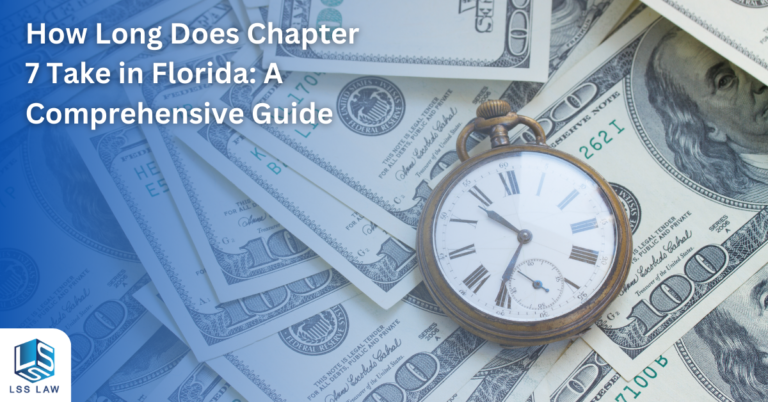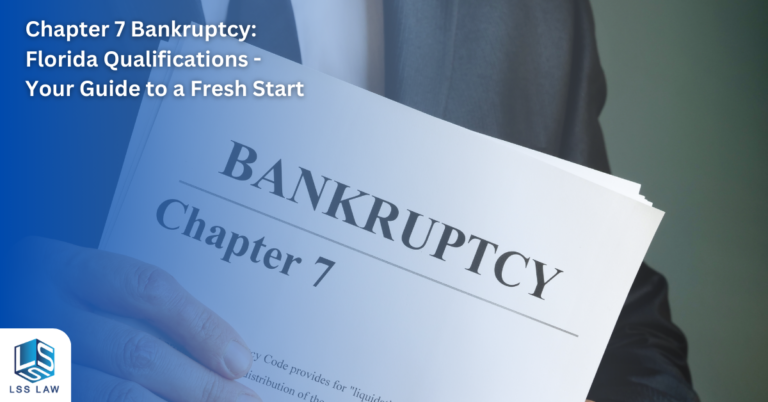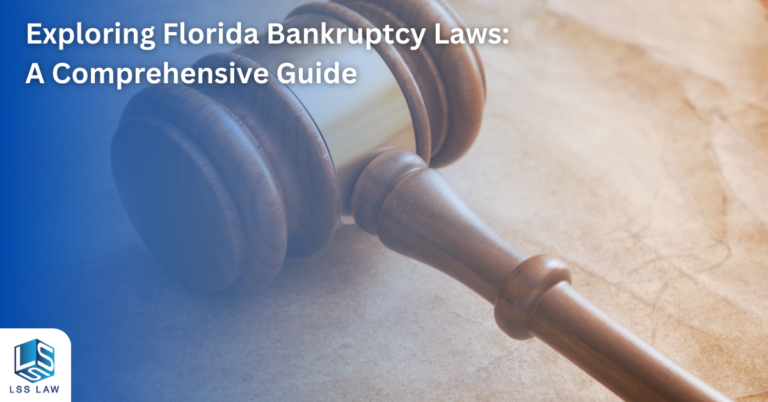Consumers have three different ways to file for bankruptcy: Chapter 7, Chapter 11, and Chapter 13. These filings make sense for different individuals based on their circumstances, their ability to make payments or not, and the things they own.
There are three ways you can resolve debt through bankruptcy court in Florida:
Chapter 7 bankruptcy, which is known as liquidation bankruptcy, is typically filed by consumers who do not have a large amount of nonexempt personal property, and whose monthly expenses exceed their monthly income. Although the Chapter 7 Trustee has the ability to sell or liquidate a Chapter 7 debtor’s non-exempt assets in order to at least partially repay creditors, liquidation doesn’t happen very often. Most people who file for Chapter 7 bankruptcy keep most, if not all, of their assets.
A Chapter 13 bankruptcy, which is known as a reorganization bankruptcy, is typically filed by either consumers who have a large amount of non-exempt personal property, or consumers who owe real properties that are worth less than the value of the mortgages encumbering them (so they can lien strip the mortgages), and who, despite having disposable income each month, can’t keep up with their scheduled debt payments. In a typical Chapter 13, a debtor may keep the majority of his/her assets over a 3- to 5-year period. Chapter 13 allows a debtor to get caught up on past due payments on secured loans such as a mortgage, and in some instances, eliminate secured loans altogether. Most unsecured creditors are paid a small percentage of what they are owed.
A Chapter 11 bankruptcy is beneficial to those consumers who do not qualify for a Chapter 7 or Chapter 13 bankruptcy. Many people are unaware that an individual can file a Chapter 11 bankruptcy. While most Chapter 11 cases involve corporate restructures, the process can be used for personal reorganization as well.
We highly recommend that you hire an attorney to file your bankruptcy. Bankruptcy petitions and schedules are lengthy and complicated, and your bankruptcy can be dismissed if things are not done correctly and in a timely manner.
Please keep in mind that every case is different, so if you are thinking of filing bankruptcy, and would like to schedule a free consultation, please contact our office by completing the form on this website or calling us at 954-466-0541.
